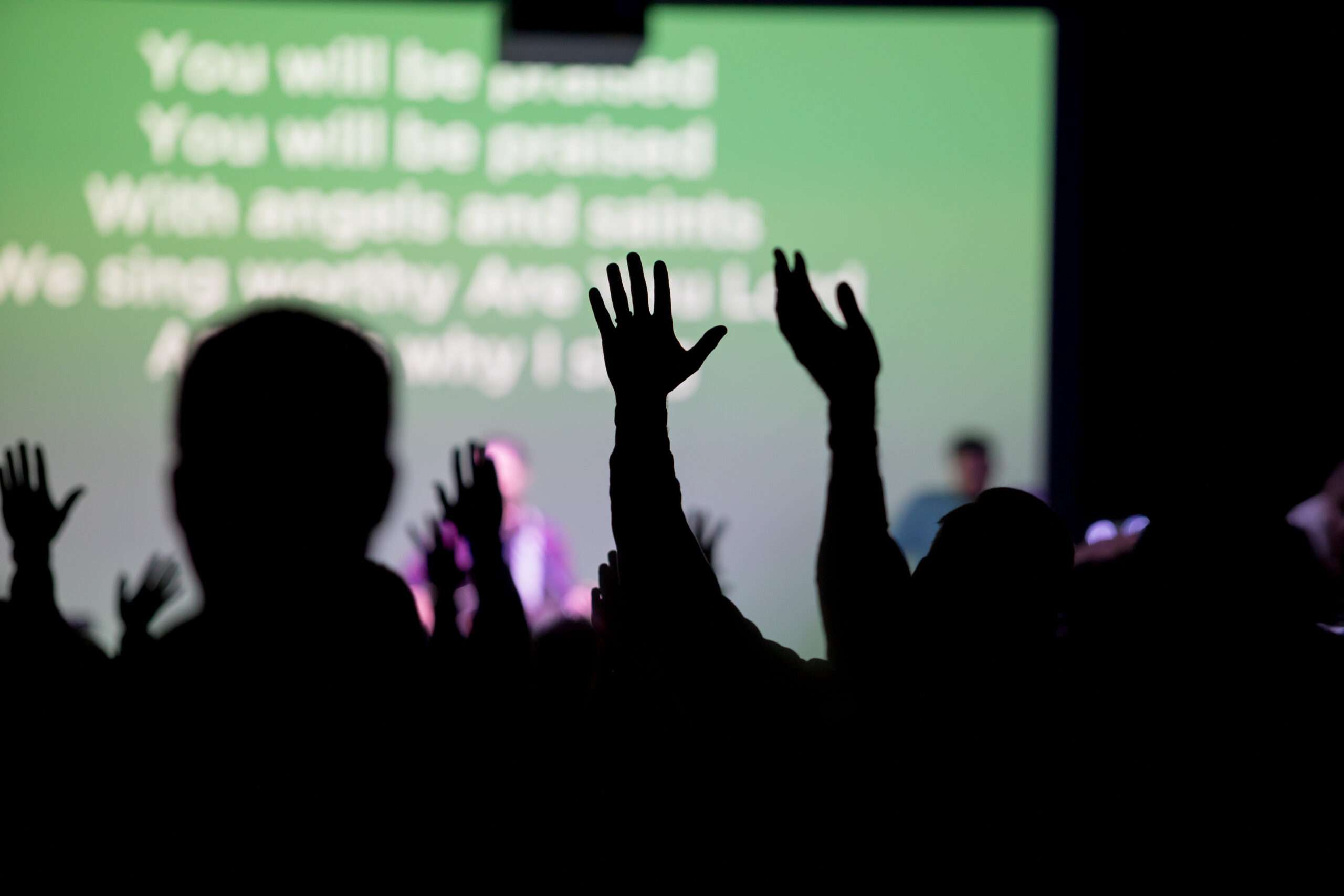My conclusion is different, but it's been debated here many times. My thoughts on this:
This is between God and him, no way of knowing for anybody else. Nobody can see your true faith.
To my knowledge, Trump believes in Jesus Christ, his Savior. Trumps works don't negate this.
What else is required for salvation according to the Sola Fide principle- a loud verbal confession that faith by itself is enough to save a man?
Doing the works =/= there is no faith; we don't get to Heave based on whether we staunchly maintain that faith alone saves us.
God knows our hearts best. He can see how strong a man's faith is- Peter's faith in Jesus' power wavered, he didn't have enough to walk the distance on water, even though he believed Jesus was the son of God.
Most people here would agree that not doing good works is a sin, to repent of it equals getting on with them. Repenting on your death bed may not cut it.
So in everything, do to others what you would have them do to you, for this sums up the Law and the Prophets.
Trump would describe himself as 'Other Christian' here.
The Catholic position is that Jesus has saved humanity, but before his time nobody- neither the wicked nor the good, who were stuck in Limbo, could enter heaven, including Moses and Elijah who appeared with Jesus during the Transfiguration.
After the Resurrection, those who have tho good works will, while those who have none, or whose works have been bad won't:
Not everyone who says to me, ‘Lord, Lord,’ will enter the kingdom of heaven, but only the one who does the will of my Father who is in heaven.
In Matthew 6, Jesus talks about the importance of storing up treasures in heaven during one's lifetime, and it doesn't look like it's only about the hierarchy of those holy souls.
You won't be forgiven, unless you forgive, this alone suggests you have to earn your admission. Not everyone may see it that way, but
unforgiveness is not a denial of the faith in Jesus:
For if ye forgive men their trespasses, your heavenly Father will also forgive you:
But if ye forgive not men their trespasses, neither will your Father forgive your trespasses.
Jesus emphasizes the work of serving one another, even those we consider beneath us. There are different instances where Jesus explains how believers ought to conduct temselves, he performed the work of washing their feet.
Why tell anybody how to act then, a master could just sit back, and jeopardizing his heavenly abode wouldn't cross his mind, while his disciples attended to his needs.
Depart from me, you who are cursed, into the eternal fire prepared for the devil and his angels. For I was hungry and you gave me nothing to eat
“They also will answer, ‘Lord, when did we see you hungry (...) and did not help you?’
“He will reply, ‘Truly I tell you, whatever you did not do for one of the least of these, you did not do for me.’
“Then they will go away to eternal punishment, but the righteous to eternal life

